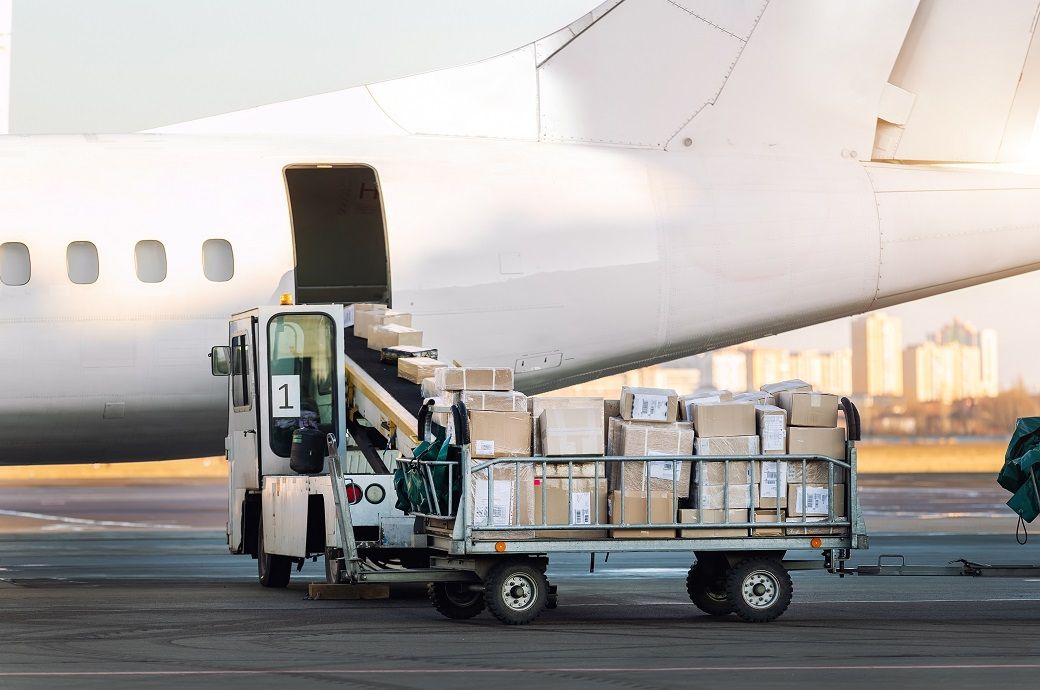
Global goods trade recorded a 4 per cent increase year-on-year in July, while jet fuel prices in August were 6.4 per cent lower than a year earlier, marking the fourteenth consecutive monthly decline and easing operating costs for airlines, IATA said in a press release.
Manufacturing activity showed signs of optimism, with the global PMI rebounding to 51.75, its strongest reading since June 2024, indicating expansion. However, sentiment on new export orders remained subdued at 48.73, reflecting continuing caution amid tariff uncertainty.
Regionally, performance varied across markets. Asia-Pacific airlines led growth with a 9.8 per cent increase in demand, supported by a 6.9 per cent rise in capacity. Africa registered the strongest overall growth, with demand up 11.0 per cent and capacity surging by 12.3 per cent.
European carriers reported a moderate 3.2 per cent year-on-year rise in demand, matched by a 4.2 per cent increase in capacity. Middle Eastern carriers saw demand climb 2.7 per cent, though this was outpaced by capacity growth of 4.3 per cent. Latin American airlines recorded a 2.1 per cent increase in demand alongside a 5.0 per cent rise in capacity. North American carriers were the only region to contract, with demand declining by 2.1 per cent and capacity down 1 per cent, making it the slowest-performing region in August.
Trade lane growth data revealed significant shifts in global air freight flows. Europe–Asia traffic rose by 13 per cent, extending its streak of 30 consecutive months of growth, while Within Asia surged 12.4 per cent, marking 22 straight months of gains. Middle East–Asia and North America–Europe both grew by 7.8 per cent, reflecting 6 and 19 consecutive months of expansion, respectively, while Africa–Asia volumes advanced 8.4 per cent, continuing two months of positive growth. In contrast, Asia–North America traffic declined by 2.2 per cent, posting its fourth straight month of contraction, while Middle East–Europe and Within Europe also fell slightly, by 0.8 per cent and 0.9 per cent respectively.
“Air cargo demand grew 4.1 per cent in August, marking the sixth consecutive month of year-on-year growth. Volumes continue to grow even as global trade patterns change. Air cargo has benefitted from a shift from sea for some high-value goods as shippers try to minimise the risk of tariff changes,” said Willie Walsh, IATA’s director general at IATA. “The growth patterns indicate some being diverted away from North America, fuelling stronger growth for the Europe–Asia, Within Asia, Africa–Asia, and Middle East–Asia trade lanes. This adaptability is vital as shippers navigate the evolving landscape of US tariff policy.”
ALCHEMPro News Desk (SG)
Receive daily prices and market insights straight to your inbox. Subscribe to AlchemPro Weekly!